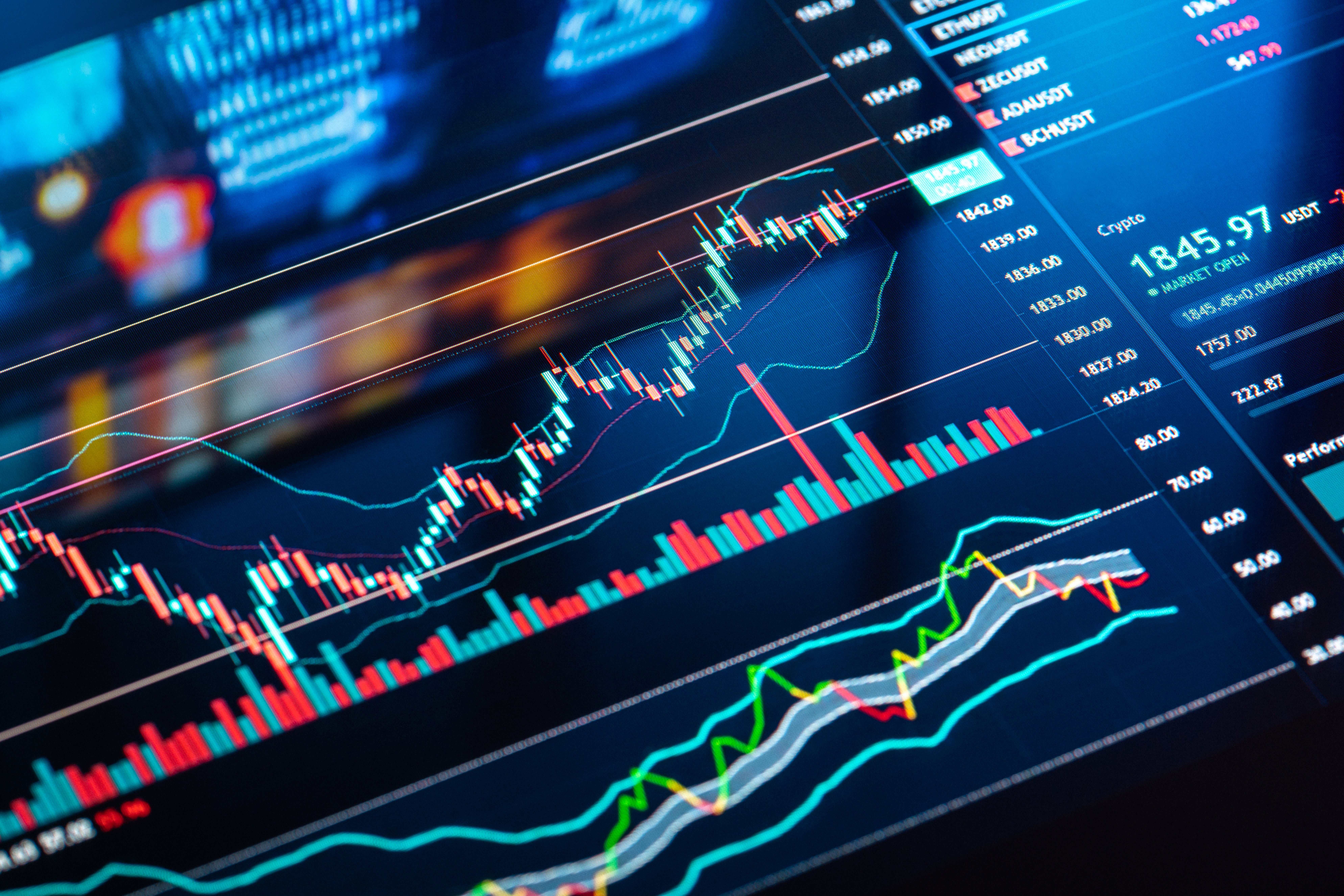How is the ongoing threat of a Russian invasion impacting financial markets?
Over the past week, investors have become much more fearful, and have started to try to work out the safest place for their funds, writes Hamish McRae


The clouds darken. It makes little sense to speculate, though here in Washington where I am writing from, the working assumption is that there will indeed be war in Ukraine. If so, what next?
I argued last week that while Russia is a relatively small economy, less than 2 per cent of global GDP, and Ukraine much smaller still, any conflict will have a disproportionate impact on energy and food prices. Russia is a massive exporter of oil and gas, while Ukraine is a big exporter of grains. Any sanctions that the west imposes will add to disruption, even if they were not very effective. The net result will be an inevitable hit to the world economy coming at a time when it attempts to recover from the effects of the pandemic.
These broad realities have not changed over the past week, but the perception of the financial markets has shifted. Investors have become much more fearful, and have started to try to work out the safest place for their funds. Gold is the classic safe haven, and at $1,900 (£1,400) an ounce is at its highest for a year, and obviously oil and gas prices have remained strong.
Oil is trading between $90 and $100 a barrel, the highest since September 2014. US shares, having made a brief recovery from the poor start to the year, are back down again. The benchmark index, the S&P 500, is down more than 9 per cent this year.
So what should we look for next? I have five thoughts.
The first thing to be aware of is that even when people expect change to happen, when it does there is always a shock. So share prices will fall, commodity and energy prices will rise, and that will give a kick upwards to inflation.
Next, everyone will start to focus on how long the invasion will continue before there is a ceasefire. Given the uneven resources of the two countries, it seems unlikely that conflict will last more than a few weeks. It might not last more than a few days. If that is right, then investors will go back to worrying about the things that had been troubling them before President Putin made his move: inflation, interest rates, the disruption of supply chains, and so on.
Point three is that they will also look at the impact of sanctions, not so much on Russia but on the rest of the world. But isn’t the impact on Russia the whole purpose of these sanctions? I am afraid not, because Russia is in a strong financial position and will have China’s support. What sanctions will do is to speed up the division of the global economy into two camps: one led by the US, the other by China. That split is already happening – between the world’s largest economy and the world’s second largest, but with the second largest becoming number one in about 10 years’ time.
These events will make the division between these two economic blocs more explicit, and that will make life difficult for nations caught between them, including other countries in eastern Europe.
To keep up to speed with all the latest opinions and comment, sign up to our free weekly Voices Dispatches newsletter by clicking here
Point four is more positive. Might this conflict trigger the next global recession? A lot of investors, particularly here in America, have been fretting about the danger of recession, possibly because the Federal Reserve increases interest rates too fast. In the US, paradoxically, one impact of a conflict might be to slow the pace at which the Fed tightens policy. I am worried about the burden on the Fed but trust it not to make a mistake.
A war will increase global inflation in the short term, but it will make economic policymakers everywhere more cautious. The central banks have to crush inflationary pressures, but this relieves the pressure on them to act too swiftly. I still expect a rise in US interest rates next month, but it will be a measured increase of 0.25 per cent, not a shock one of 0.5 per cent.
Finally, let’s go back to basics. Russia is a medium-sized economy, around number 11 in the world, somewhere between Canada and Australia. It has a huge land area and massive natural resources – and considerable military might – but a declining population to run such a country. It is big enough to inflict damage on a much smaller neighbour, but not big enough to do more than make a small dent on the rest of the world.
This year, the IMF reckons the world economy will grow by 4.4 per cent. Russia is less than 2 per cent of it. So in terms of economic activity, the world creates the equivalent of another Russia every four or five months. That is surely comforting in these troubled times.
Join our commenting forum
Join thought-provoking conversations, follow other Independent readers and see their replies
Comments
Bookmark popover
Removed from bookmarks